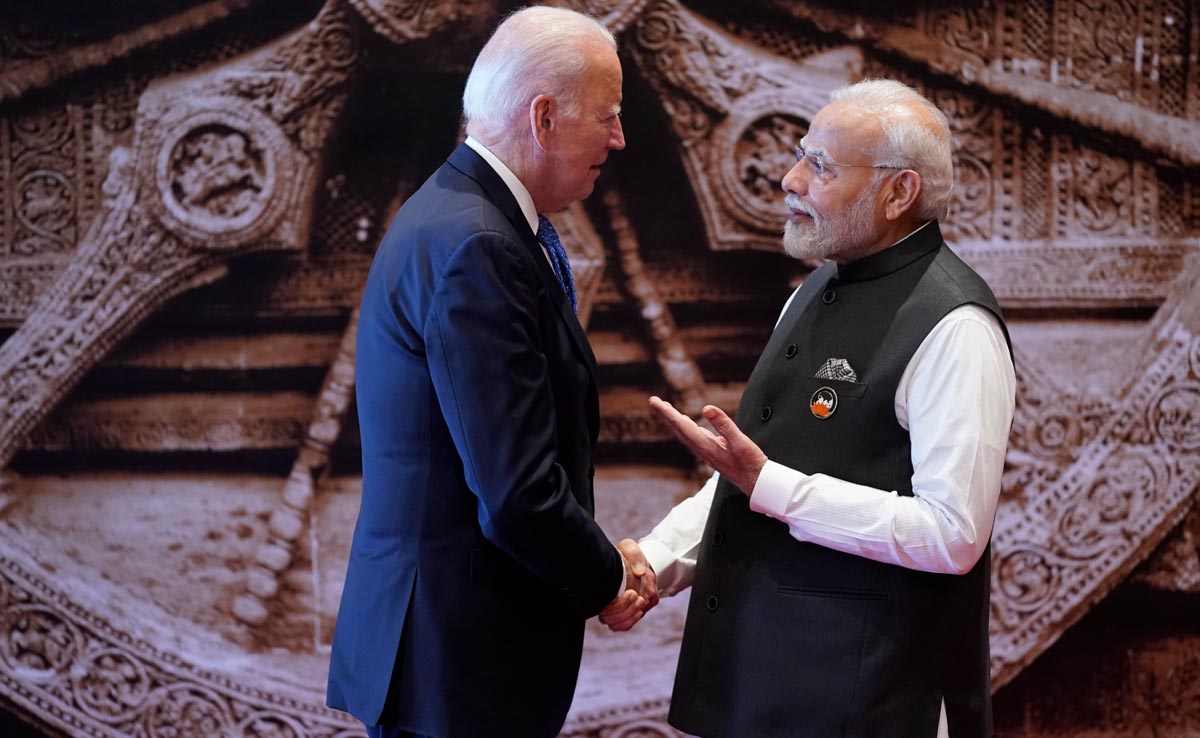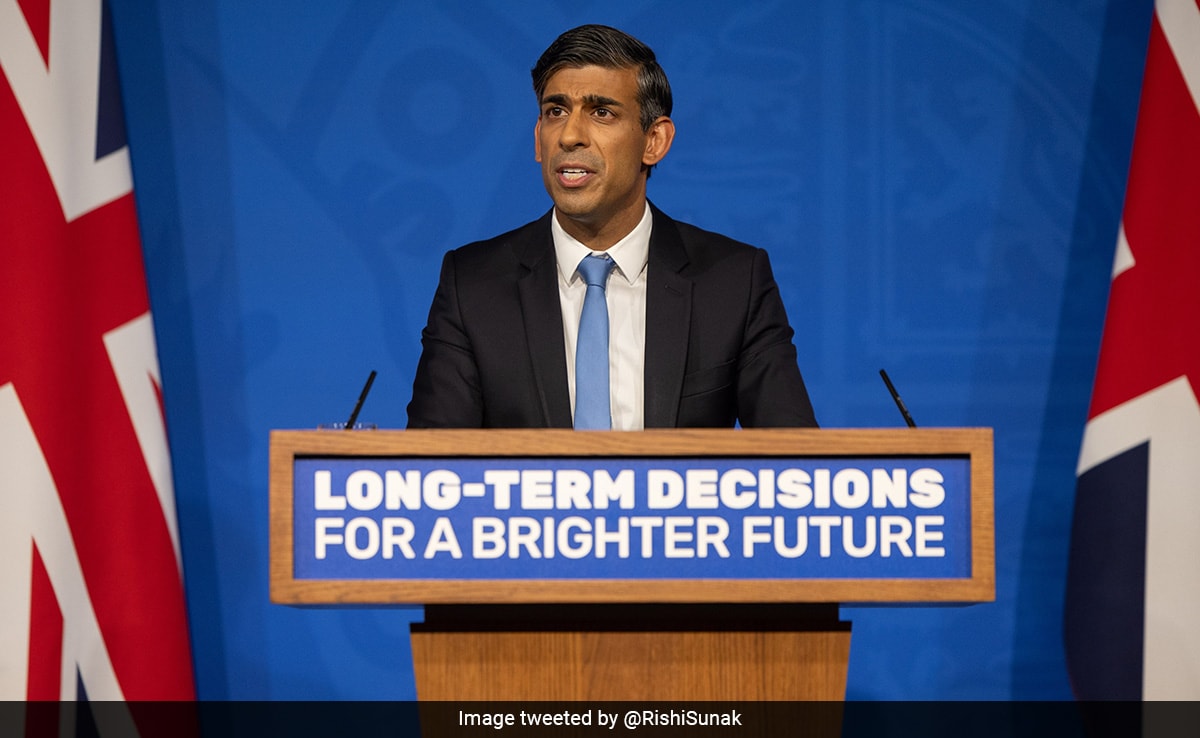Peter Strzok, who was a lead agent in the FBI’s investigation into ties between Russia and the 2016 Trump campaign, has alleged in a lawsuit against the Justice Department that he was wrongfully fired for exercising his First Amendment rights when he and a colleague traded anti-Trump text messages in the weeks before he became president. File
| Photo Credit: AP
Donald Trump is scheduled to be questioned under oath Tuesday as part of lawsuits from two former FBI employees who provoked the former president’s outrage after sending each other pejorative text messages about him.
Peter Strzok, who was a lead agent in the FBI’s investigation into ties between Russia and the 2016 Trump campaign, has alleged in a lawsuit against the Justice Department that he was wrongfully fired for exercising his First Amendment rights when he and a colleague traded anti-Trump text messages in the weeks before he became president.
Lisa Page, the FBI lawyer who texted with Strzok and had also been assigned to the Russia investigation, has sued as well, alleging that the Justice Department violated her privacy by disclosing copies of her messages with Strzok to members of the news media. She voluntarily resigned from the FBI in May 2018, and Strzok was fired several months after that.
Both allege that the Justice Department acted under unrelenting pressure from Trump, who repeatedly lambasted the pair on social media, publicly championed Strzok’s firing and accused him of “treason.” Lawyers for the two hope to be able to prove as part of their suits that Trump’s verbal tirades and appeals for action wrongly influenced the Justice Department’s punitive actions.
The Justice Department had sought to block the deposition of Trump as unnecessary, citing testimony from other witnesses who’d already been interviewed in the lawsuits that Trump had no impact on the decision to fire Strzok.
The department in court filings, for instance, has pointed to an interview with former FBI Deputy Director David Bowdich in which he said he made the decision to fire Strzok on his own, and that he did not recall FBI Director Chris Wray ever telling him about any meeting with Trump in which the president pressured him about Strzok.
But both U.S. District Judge Amy Berman Jackson and a federal appeals court rebuffed the Justice Department, permitting a two-hour deposition to move forward.
The deposition had been scheduled to take place at Mar-a-Lago, Trump’s Florida estate, but was moved to New York, where Trump was scheduled to be present in court this week for an ongoing civil fraud trial. It is set to unfold as Trump contends with four different criminal cases ranging from allegations of scheming to overturn the results of the 2020 presidential election to illegally hoarding classified documents at Mar-a-Lago.
The text messages — in which Strzok and Page disparaged Trump as an “idiot” and “loathsome human” and called the prospect of a Trump victory “terrifying” — were discovered by the Justice Department inspector general’s office — as it scrutinized the FBI’s investigation into Hillary Clinton’s use of a private email server as secretary of state.
Strzok was a lead agent in that probe as well, and he notes in his lawsuit that the inspector general found no evidence that political bias tainted the email investigation. The text messages, which were disclosed to Justice Department leadership after being discovered by the inspector general, resulted in Strzok being removed from the special counsel team conducting the Trump-Russia investigation. The inspector general identified numerous flaws with that probe but did not find find evidence of partisan bias.
In his 2020 book, “Compromised: Counterintelligence and the Threat of Donald J. Trump,” Strzok expressed measured regret for the text messages and the impact they had on the FBI.
“I deeply regret casually commenting about the things I observed in the headlines and behind the scenes, and I regret how effectively my words were weaponized to harm the Bureau and buttress absurd conspiracy theories about our vital work,” Strzok wrote.
But in an interview that year with The Associated Press, he also described the personal toll of the attacks from Trump.
“Being subjected to outrageous attacks up to and including by the president himself, which are full of lies and mischaracterizations and just crude and cruel, is horrible,” Strzok said. “There’s no way around it.”












